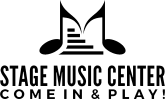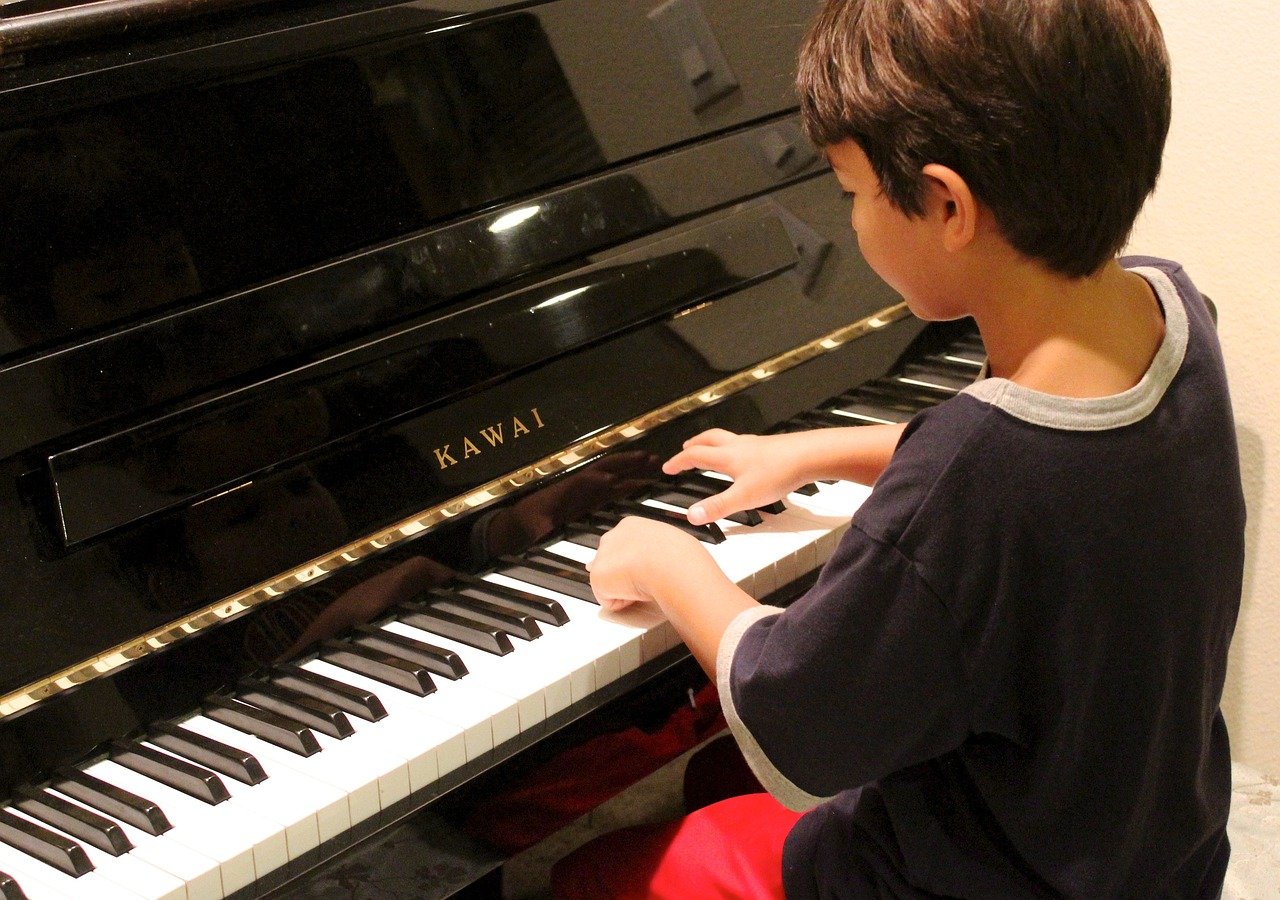Fine-tune your motor skills
Music lessons can help children fine-tune their motor skills, improving the use of hands, fingers, and other body areas to do routine and complex tasks.
Besides sports and routine education, your school going child’s life should involve other exciting activities. If you are thinking about adding some fun and productive activity to your kid’s schedule, consider music lessons.
Music is a vital part of our culture and everyday life. From television to theatre and movies to social ceremonies, music is everywhere. We use music to soothe our soul, calm our kids, show love and joy, and build relationships. Life without music is incomplete for most people.
You can make music a part of your family culture, which can be useful for your children in many ways. Music not only enhances the social and cognitive skills in children of all ages but also fine-tunes their motor skills.
Motor skills relate to the ability to move and synchronize different muscles and bones of the body like the hands and fingers to accomplish routine and intricate tasks. Motor skills are categorized into two types: fine and gross motor skills.
Fine motor skills pertain to the use of the hands like washing hands, brushing teeth, tying shoelaces, and zipping, etc. On the other hand, gross motor skills relate to how a person does routine tasks to become more independent like getting out of bed, walking, climbing the stairs, jumping, and so on.
Do not be left behind in developing the motor skills of your kids. Keep in mind that poor motor skills in kids can trigger many problems, such as anger and poor conduct, bad academic performance, lower self-confidence, and a dislike for challenging tasks.
Music lessons develop physical skills
While activities like learning with play-doh, practicing with scissors, and painting with fingers can help improve your child’s motor skills, you should also consider music lessons for your kids to achieve better results. In fact, combing these activities with music lessons can help your kid master the essential motor skills more effectively and efficiently.
Music lessons like playing instruments and fingerplay can develop the most crucial motor skills in even very young kids. From the primary stage of holding an instrument to the higher stage of boldly manipulating a little glockenspiel mallet, the power of music can develop broader motor skills in your kids.
A study by Eugenia Costa-Giomi at the University of Texas - Austin compared the fine motor skills of children who underwent a two-year piano class and those who had never got proper music education. A noteworthy improvement in fine motor skills was found in the children who underwent music lessons than those who didn’t. The study concluded that music lessons provide immense opportunities to evaluate, fine-tune, and time motor responses in children. Constant feedback during musical practice is the key to refine the motor skills in kids, the study said.
When children start music lessons, they are not just doing exercise. In fact, music lessons help them develop coordination, equilibrium, attention, and intellectual abilities. Music triggers the part of the brain that is responsible for helping a person to speak, read, write, and move different areas of the body. And since the elementary-middle school kids are at a stage of life where their brain is developing so rapidly, it is the best time to use music lessons to develop their motor skills.
source: loogguitars
Music triggers the brain to discharge the feel-good chemicals called endorphins. As a result, the child’s liveliness and attentiveness can improve as well. It is for this reason that many teachers use songs and music in the classroom. In addition to using music as an aid for improved concentration, combining it with cross-lateral body movements like swaying and waving can lead to improvements in motor skills and mental ability.
A 2010 research by Nina Kraus & Bharath Chandrasekaran at Northwestern University found that when children actively participate in music creation before turning seven, they gain skills that are not possible to be acquired from other activities. The study said that music lessons have positive effects on neuron development, which improves academic performance. However, it cautioned that listening to music alone is not enough to reap these benefits. Only complete engagement of children in music creation can lead to a realization of these benefits.
Some musical instruments involve the movement of the hand, arms, feet, and legs. These instruments are best for high-energy children. Instruments like guitar, violin, and piano call for different actions from both hands at the same time. These instruments not only help develop complex motor skills but also build self-confidence in children. It also improves coordination and timing for kids to engage in other activities like sports and dance.
Fingerplay
Music with actions is an effective way to help children to reflect upon their movements. The most important thing here is to engage them in developmentally suitable music that fits their existing motor skills.
For example, actions to poetries, instruments, and rhymes stir fun and action among the students. Ideally, music lessons should also provide parents the tricks and tools to include this type of play in their routine lives so that the motor skills of the children can be fine-tuned.
Percussion
Maracas and drums in music classes involve the use of both hands to the beat, which is crucial for developing motor skills. The key here is to focus on the use of both hands at the same time.
Learning an instrument
Playing instruments is a thrilling task that can help fine-tune your child’s motor skills in exciting ways. Learning to play instruments is beneficial for kids having coordination and movement problems. Certain instruments can be more helpful than others. You can decide as to what instrument your kid should learn this summer, so he or she can develop better motor skills when school starts.
Take a look at how some of the common instruments during the summer music classes can help develop your child’s motor skills:
- Violin and viola: Your kid will learn to hold the bow accurately, pluck the strings at times, and place his/her fingers vigilantly to regulate the notes. These activities can help improve bilateral integration (using both sides of the body while maintaining coordination).
Music lessons help improve coordination and balance
- Guitar: Learning to play guitar helps improve fingering and plucking methods. Your kid will learn to play this instrument while sitting down and standing up, which means it can be beneficial in improving coordination and balance as well.
- Flute: Flutes with closed keys are more helpful for kids because they are easy to use than those with open keys. Playing flute helps with finger movements, besides strengthening the arms and shoulders.
- Piano: Playing the piano helps improve finger movements, dexterity, and persistence. Moreover, using the pedals strengthens foot and leg movement and coordination. Your kid will experience progress in coordination as playing piano involves the intelligent use of both hands. It can also improve your kid’s posture and physical strength.
- Drums: Learning to play drums will involve your child in a full-body exercise. It can improve arm and lower-body vigor, in addition to helping a child control his or her movements
The conscious use and repetition of the finger arrangement when playing music can effectively improve a kid’s fine motor skills. For example, violin lessons let a child practice for a short time while paying attention and following instructions at the same time. Similarly, using a piano can help your child do other activities like doing up buttons and tying shoelaces more effectively.
If your child is struggling with motor skill issues, you can feel free to discuss with us as to how our summer music lessons can help overcome the problems. We can adapt the music lessons to the needs, requirements, and capacity of the child. You can rest assured that our music lessons will help fine-tune your little one’s necessary motor skills.
Sign up your child for our music lessons now or contact us for more information on our music programs
Other music subjects you might be interested in from our blog:
Importance of Introduction to Music at an Early Stage: Little Mozart


